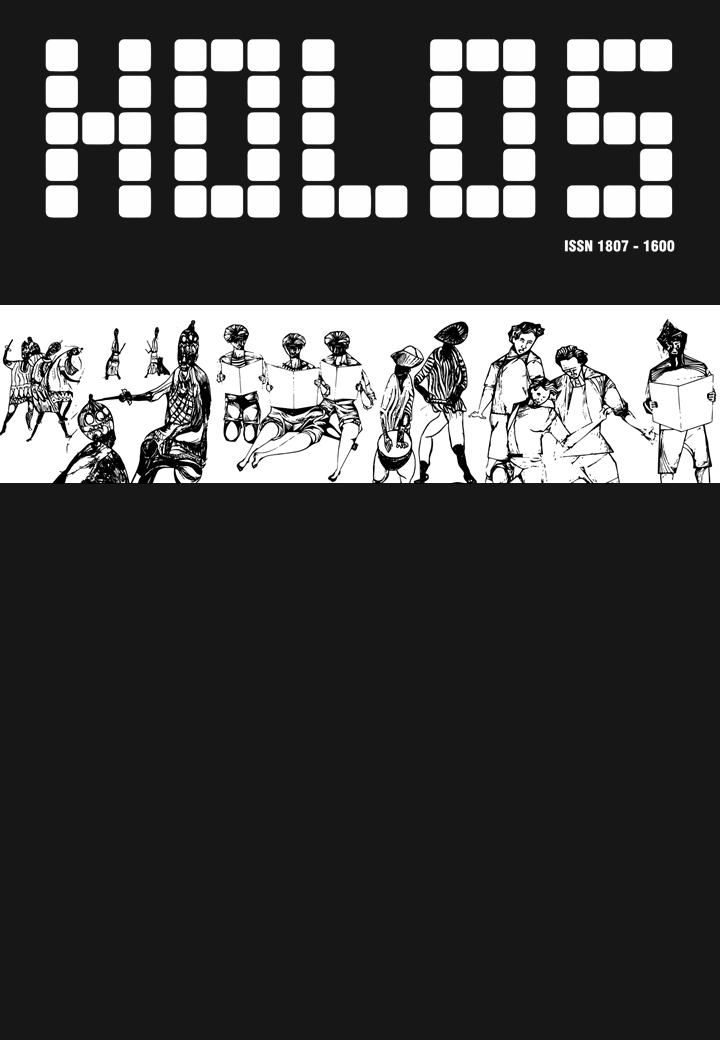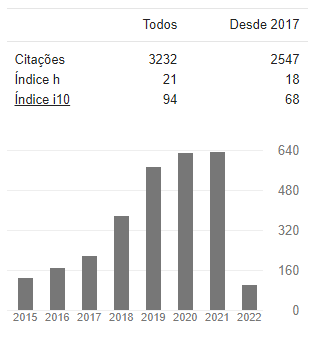THE PARTITION OF INDIA AND ITS REFLECTIONS IN KHUSHWANT SINGH’S TRAIN TO PAKISTAN AND BAPSI SIDHWA’S ICE CANDY MAN: A COMPARATIVE STUDY
DOI:
https://doi.org/10.15628/holos.2015.2814Palavras-chave:
Indian Sub-continent, freedom, vivisection, massacre, atrocities, involuntary migrations.Resumo
Partition of Indian Sub-continent is one of the most terrible events in the history of the sub continent. The Sub-continent got freedom in 1947 along with its vivisection on the communal basis which leaves us puzzled weather the year 1947 is worthy to be remembered for the independence or for the massacre and atrocities during involuntary migration of a huge mass of people for their existence. Various writers have attempted to deal with the theme of Partition of Indian Sub-continent in their works. However, a kind of variations in the depiction of the historical events, differences in the approaches to the truth and differences in the focus and attitude of the authors are quite natural. Even the treatment of the same event or incident may differ from author to author.
The present paper aims at the comparative study of Khushwant Singh’s Train to Pakistan and Bapsi Sidhwa’s Ice Candy Man. Both the writers have witnessed the event themselves and tried to depict the terror of the conflict and the suffering of people during those days in their novels. Both the writers have got worldwide recognition for their treatment of the theme of partition in their novels. The present paper discusses the similarities and dissimilarities in the treatment of the same theme.
Downloads
Referências
Butalia Urvashi. (1998).The other side of silence: voices from the partition of India. New Delhi, India: Penguin Books India (P) Ltd.
Dodiya Jaydeepsinh, (2010).Bapsi Sidhwa, Rajkot, Wide Margin Books.
Sidhwa, Bapsi. (1989). Ice Candy Man, New Delhi, Penguin books.
Singh Khushwant. (1989). Train to Pakistan. New Delhi, India: Time Books International.









































